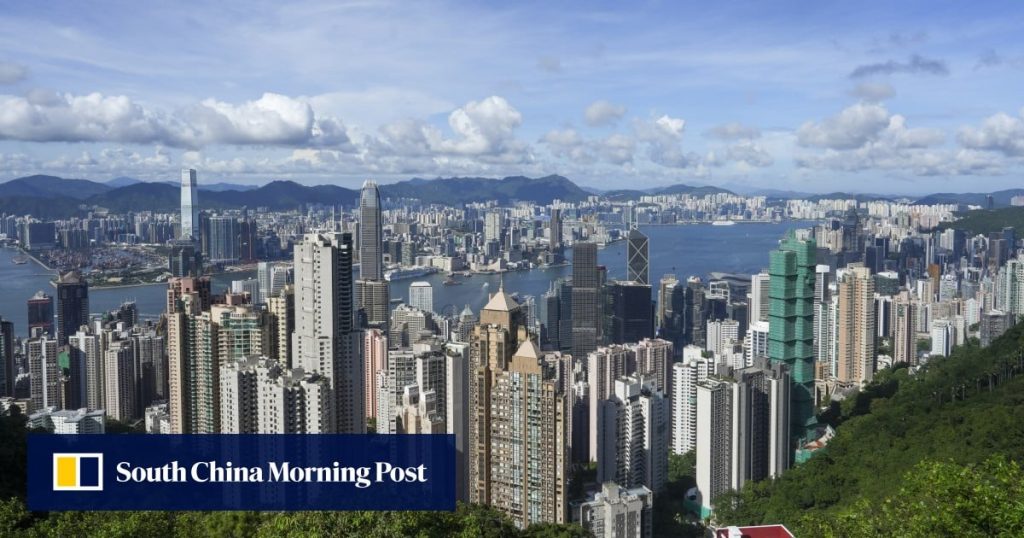Wealthy investors across Asia are increasingly buying into the US$210 billion secondary private-equity market, betting on bargains and cash flow as a strategic response to geopolitical and economic uncertainties.
Attracted by diversification and liquidity, Asian investors – including from Hong Kong and Singapore – accounted for more than half of the subscriptions to a US$1.2 billion secondary fund co-managed by Franklin Templeton and Lexington Partners, Christian Bucaro, Franklin Templeton’s head of wealth for Asia, said in an interview. On Monday, the managers said that the fund’s assets under management had climbed 37 per cent to the latest mark since the launch earlier this year.
The fund’s “evergreen” structure allowed investors to subscribe monthly and redeem quarterly, according to its website. This is in contrast to some closed-end funds that lock up investor capital for years until the underlying assets are sold.
The secondary private market has generated a flurry of fundraising activity in recent months. In July, Paris-based Ardian launched a global evergreen private-equity fund targeting secondary and co-investment strategies for private wealth clients. In May, London-based Coller Capital began offering its own evergreen secondaries fund to professional and qualified Deutsche Bank wealth clients in Asia, Europe, the Middle East and Africa.
Wealthy individuals are emerging as a new force in private markets, as they look beyond fluctuating stocks and bonds towards longer-term alternative strategies –once a preserve of institutional investors – for greater flexibility. Secondary funds, which buy a basket of existing private-equity interests, often at a discount, are proving especially attractive for their ability to diversify risk while tapping into mature assets.
“Short-term risks and uncertainties such as tariffs and wars have pushed high-net-worth individuals to gain interest in private assets,” said Stephen Wong, an executive committee member of the Chartered Alternative Investment Analyst Association’s Greater China chapter. Some high-quality stocks in the US, for example, had become too expensive to buy, and secondary private-equity stakes could be an ideal substitute, he added.
“Investor interest in private-equity secondaries is poised for significant growth as awareness of their distinct advantages continues to build,” said Singapore-based Bucaro in a written interview. “We believe investors will appreciate advantages such as enhanced diversification, access to high-quality assets, a shortened J-curve, and the potential for earlier cash flow.”


